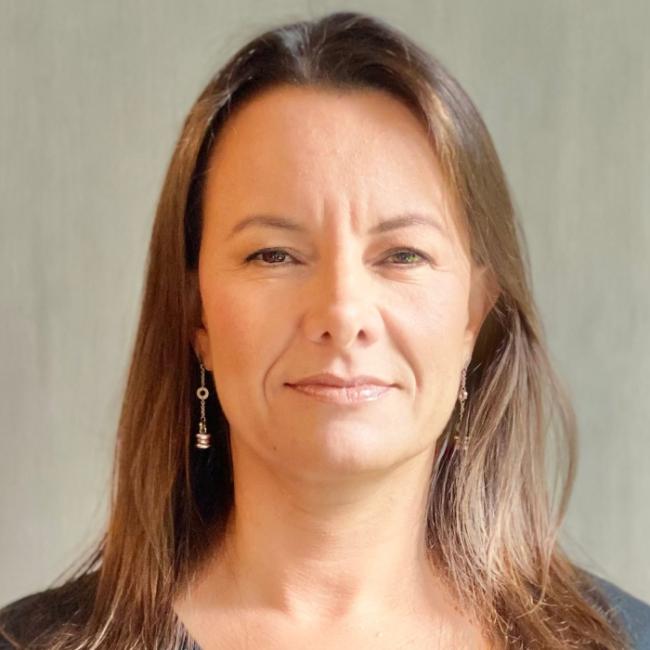This directory includes “core faculty” who are employees of the university and “associate faculty” who are contracted for their professional and scholarly expertise to teach at the university.
Refine results

Adam R. Houston
Associate faculty

Agrim Banerjee
Associate faculty

Aiden Buckland
Associate faculty

Alaa Guidara
Associate faculty

Alec (Alexandru) Balasescu
Associate faculty

Alejandra Chacon Gallardo
Associate faculty

Alexander Krueger
Associate faculty

Alexander Gilder
Associate faculty

Alexander O’Riordan
Associate faculty

Alice Cullingford
Associate faculty

Alice MacGillivray
